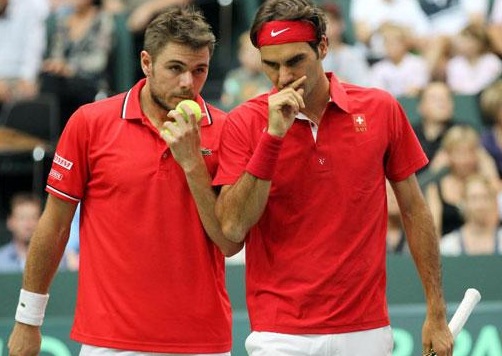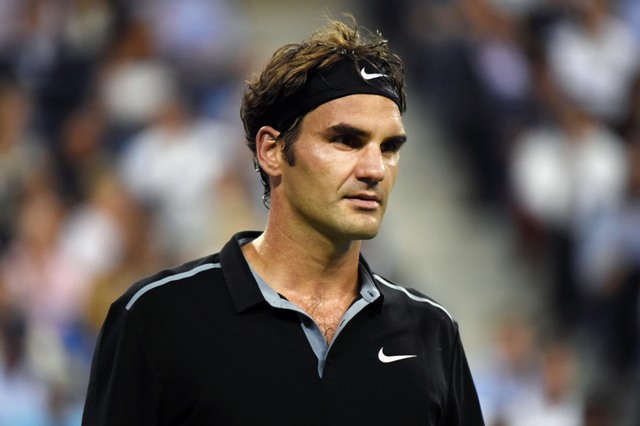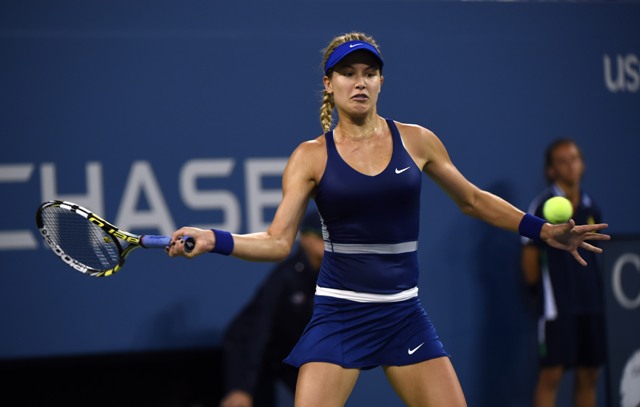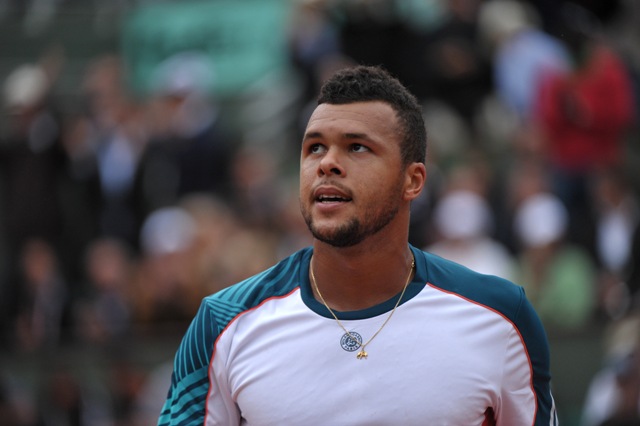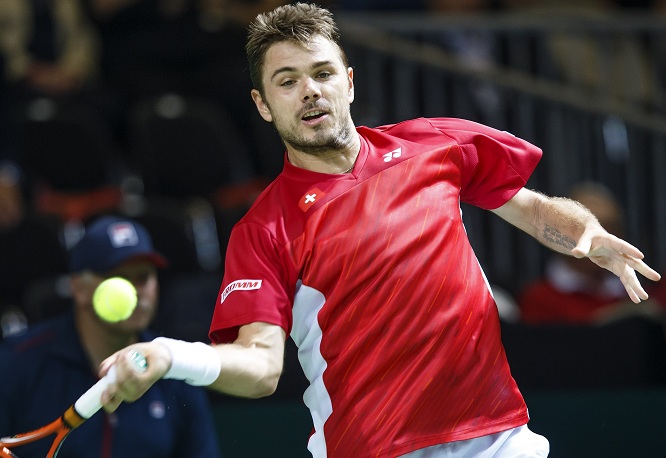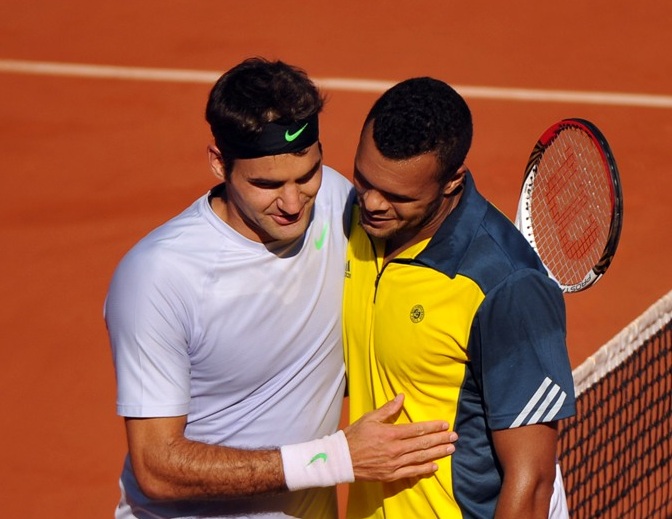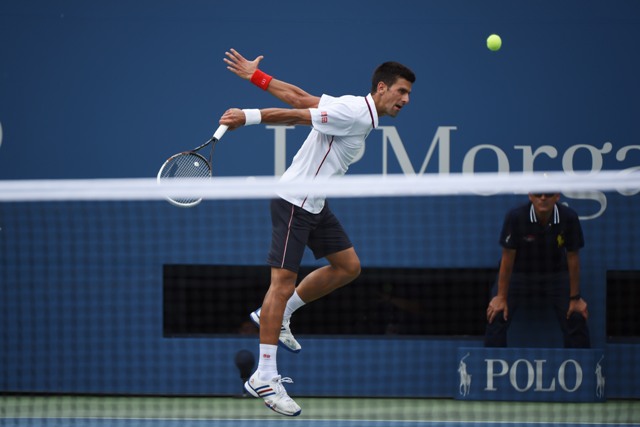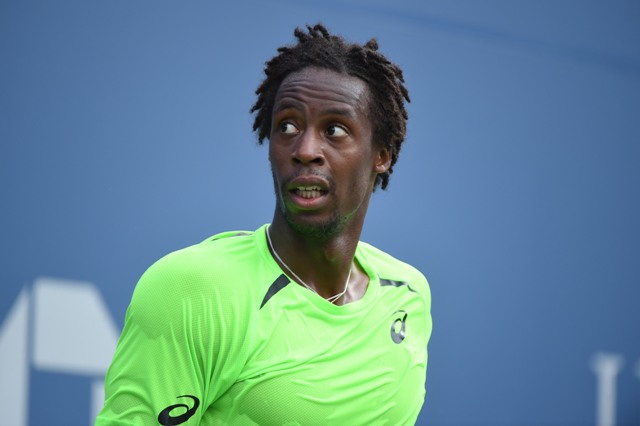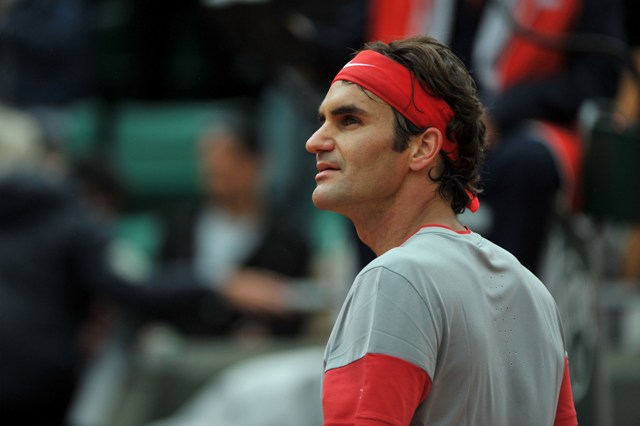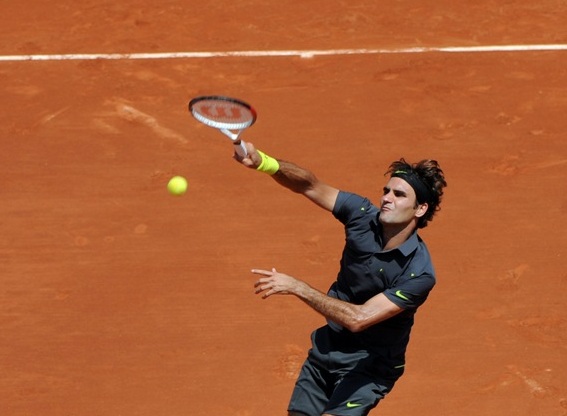Federer-Wawrinka Take Crucial 2-1 Lead Following Davis Cup Doubles Rubber

Roger Federer and Stan Wawrinka took a crucial 2-1 lead for the Swiss team on Saturday afternoon when they defeated the French pairing of Julien Benneteau and Richard Gasquet 6-3, 7-5, 6-4.
Stan Wawrinka followed up on an outstanding opening day of action at the Davis Cup, where he defeated Jo-Wilfried Tsonga in four sets to secure the opening point for the Swiss team, with an even more impressive showing in the doubles rubber, as they dominated the encounter to win in straight sets with minimal resistance.
“I’m really happy with the way we were playing today. We knew what we had to do and we played or game. We did a good job.

“We know each other so well. It is easy for us to play together. Federer was struggling a little bit yesterday but it was good to win the doubles today. It is good for us to be 2-1 tonight, means we have two chances to win this tomorrow. I’m ready to play – I’m fit. We’ll see.”
After a less-than-stellar start to his Davis Cup run, Roger Federer silenced doubters when he, along with his confident partner, dominated the doubles rubber against the French team. He appeared confident and pain-free as he volleyed his way to a 2-1 lead over the French team heading into the final day of action in Lille.
The Saturday doubles rubber relieved some of the pressure from the Swiss team as they prepare for the reverse singles rubbers on Sunday afternoon. First up, Roger Federer will attempt to make history and complete his trophy collection with his first ever Davis Cup title. He can achieve that goal with a victory over Jo-Wilfried Tsonga in the opening rubber of the day.



